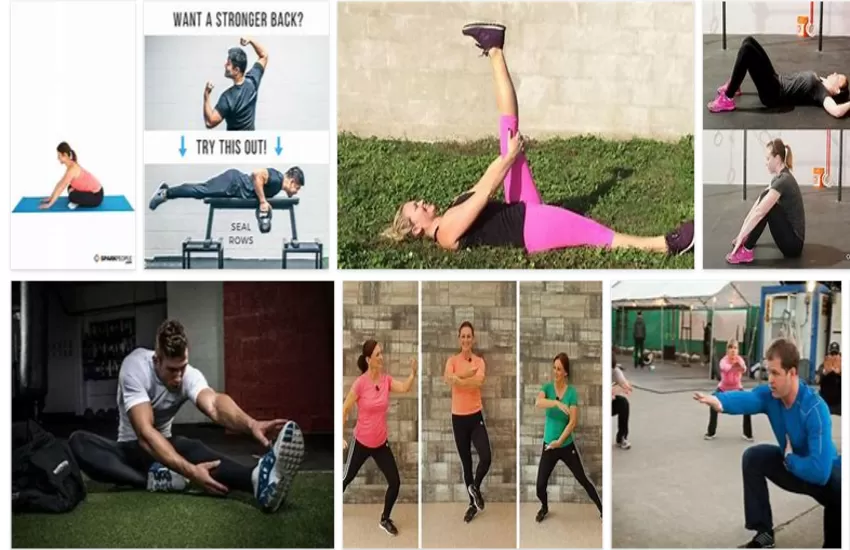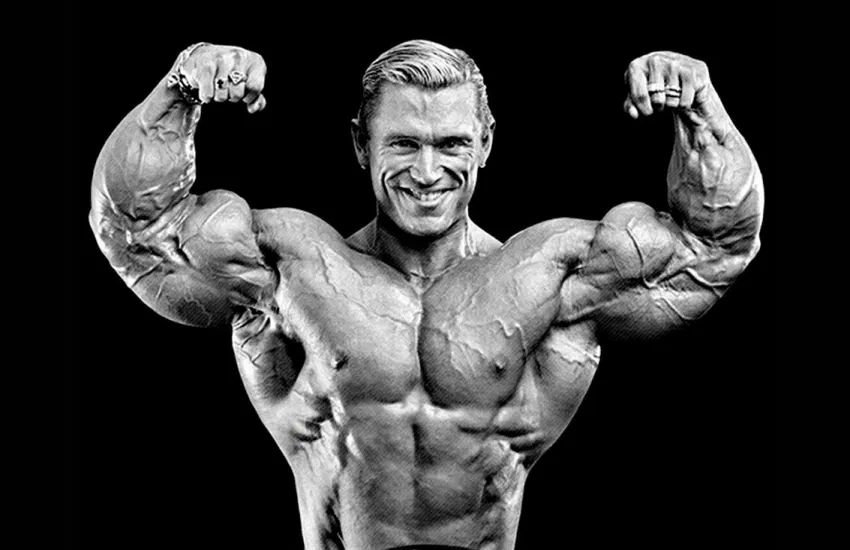Getting More Workout in Your Home With a Full Range of Motion Exercises

It's no secret that you need to incorporate some kind of body workout into any successful fitness program. The truth is, though, that many people end up doing the same old thing-that is, going to the gym and lifting dumbbells or barbells for six hours per session. Here, I'll share with you some tips on how you can break the mold and get a more effective workout in your own home.
The first thing you need to remember when incorporating a full range of motion exercise into your home exercise regimen is to stay curious. The terms body part workout or full body workout tend to be synonymous with the types of exercises you'll be performing. Full body workout: you split your movement patterns or muscle groups up on separate days. For instance, you may train chest and arm on Monday, hips and legs on Tuesday, and shoulders and arms on Wednesday. Make sure that you're varying these exercises in order to foster greater difficulty and increase your ability to complete at least one full range of motion exercise per day.
Next, you'll need to start integrating heavier kettlebells and heavy weight resistance into your workouts. Most of us tend to think of exercise as "show and tell" rather than functional application. However, with the use of heavier kettlebells and dumbbells, you can build functional strength that you can use on any given day. This type of exercise is known as "hypertrophy," which is a fancy term for increasing muscle size and function-and we all want that in our routines!
Get Ripped With This Boring Full Body Workout!
A full body workout is what it sounds like-a routine that attempts to target all of the large muscle groups in a single workout. Popular full body workouts include workouts for legs, back, shoulders, forearms and abdominals. Some full body workouts concentrate on compound exercises which work multiple muscle groups at once; others focus on single exercises which target a single muscle group. Whichever style of full body workout program you decide to use, you can design an effective full body workout program by keeping these simple tips in mind.
In addition to using exercise equipment, some people prefer to perform full body exercises without any gear at all. For this style of workout, you will want to use free weights such as dumbbells and barbells instead of machine weights or exercise equipment. The reason for this is that free weights allow you to build up more muscle mass, while machine weights are only effective if you are working with limited weight. It is important to remember that when you use free weights in isolation, they are much more effective than in a compound movement where you are lifting a heavy object as a whole. Compound movements with heavy weights help to improve strength and power, which means that they give you better results in a shorter amount of time.
The best way to maximize your full range of motion during a full range of motion exercise is to perform them in a natural movement. For instance, if you are doing a pull-up, you should pull the weight directly up from the floor. Don't pull the weight through a doorway or between your hands because this will do nothing but put strain on your neck and shoulders. Instead, pull the weight up in a natural movement and then slowly return it to the ground. Pull-ups, flyes and chin ups are good examples of full range of motion exercises that work different muscles at the same time without hurting your body.
Another key to a successful full body workout includes the simultaneous development of smaller stabilizer muscles like the clavicles, trapezius, pectorals and shoulders. These muscles play an important role in keeping your spine aligned correctly, which in turn keeps your upper body upright and protects your shoulders and neck. It is important to do a variety of full body workouts so that your muscles have the time to learn to work together properly. Repetitions of exercises such as pull ups, lat pulldowns, lateral raises and reverse flyes can help develop these muscles in preparation for higher repetition sets, which will tone your torso further.
Also remember that you don't have to spend hours in the gym to get great results. In fact, if you're looking to build lean muscle mass, it can take just a few short weeks of intense training to see dramatic results. Most people who try to build muscle bulk find that it takes approximately one month on the gym before they start seeing substantial changes in their physique. The majority of your workouts should be kept to no more than twenty five minutes at a time, spread out between exercise stations. You also want to alternate back and forth between different exercises, but do not do more than ten repetitions in any one set or movement.
When you are first starting out, you may find that you are having difficulty maintaining proper form, which is perfectly normal. In order to minimize this problem, you can opt to split your workouts into four separate components. For instance, if you want to build muscle groups that are located around your arms, you can perform bench presses and shoulder presses in separate positions. You can then move on to bicep curls and tricep kickbacks to work the deltoids and lats, respectively.









